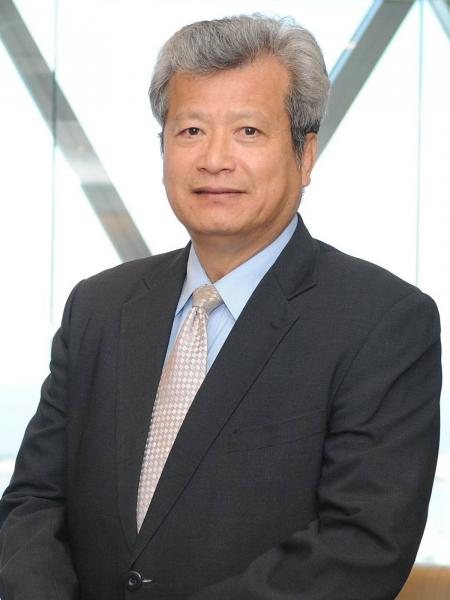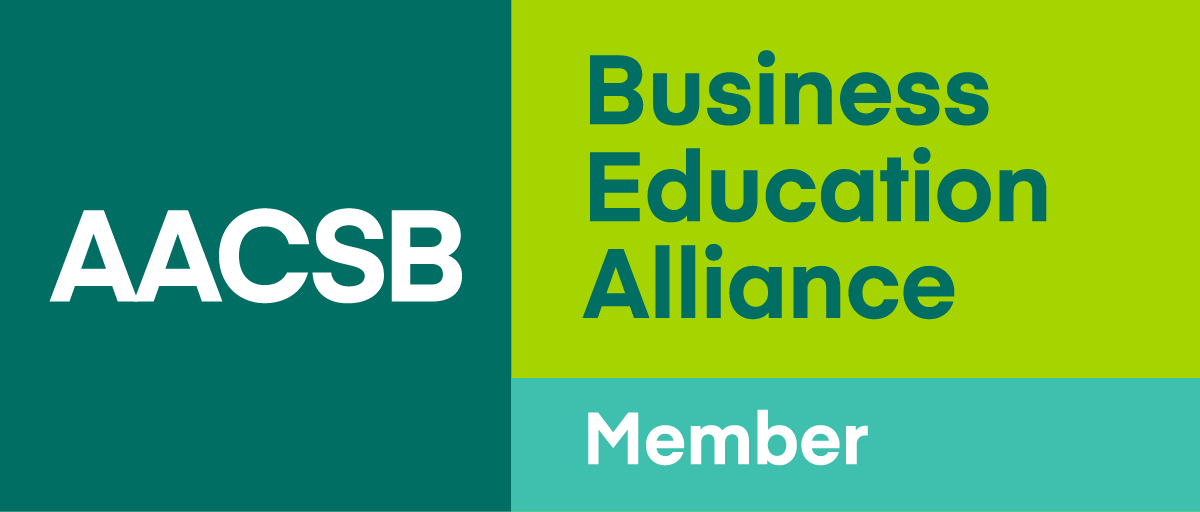MBA in Business Management

Special Features of the Program
The Department of Business Management has worked hard to cultivate countless entrepreneurs in the south of Taiwan, and it enjoys an excellent reputation both nationally and internationally. It has been ranked as one of the top business management schools in Taiwan by many international reviews and academic studies, and has been listed in the FT Master in Management Ranking (MiM) for four consecutive years. We offer a comprehensive curriculum and faculty in the areas of strategic management, international business management, human resources management, and marketing management. Recognizing the importance of cultivating our students' international perspective, we have signed exchanges and partner school agreements with many schools around the world to encourage students to expand their horizons abroad. The department also has a corporate mentorship system that allows students to explore careers during their studies and to connect what they learn with the real world.
Graduation Requirements
Total Program Credits: 45 Credits
The Department's MBA degree program requires a minimum of 45 credits for graduation. The curriculum is divided into core courses, required business management electives, and elective courses to provide students with flexible curriculum planning. The core curriculum consists of three courses: Organizational Theory and Management, Ethics and Leadership, and Business Policy and Strategy. The required business management electives cover five basic courses: Productions and Operations Management, Management Information Systems, Financial Management and Research, Marketing Management and Research, and Human Resources Management. This curriculum aims to create well-rounded students. The teaching method is based on group discussion, working with case studies and writing reports, to train students to think integrally, communicate well and express themselves comprehensively. In addition to the faculty members sharing their expertise in their fields, the department arranges for students in the in-service and continuing education classes to be mixed with students in the regular classes, so that through mutual interaction, theory and practice are combined to train students to deeply understand the essence of “management” in practice.
Words from Our Alumni

Chao-Tung Weng, MBA Class of 2000, China Steel Corporation Chairman of the Board
Working people often study with a greater intention than full-time students, hoping to solve the problems they encounter at work through the rare opportunity to study. With such a mindset, they will be more motivated to learn and will often benefit more greatly. While studying in the Department of Business Administration, I found that the professors at National Sun Yat-sen University were open-minded, academically qualified and rigorous in their teaching, and were willing to exchange ideas with the industry and allow learners to not only learn from their peers, but also gain a lot of inspiration under the professional guidance of professors. The best part is the ability to apply ideas in the workplace.
Over time, the cooperation between CSC and National Sun Yat-sen University has shifted from sending supervisors to participate in state-run classes to cooperating with the College of Management to offer a “Business Management Seminar.” Excellent faculty members from NSYSU's Department of Business Administration are invited to guide CSC executives on a profound academic and industry learning journey, and executives who have attended the business management classes are convinced that the professors' teachings and questions not only broaden their management horizons and lead them to new heights, but also motivate them to maintain a mindset of continuous learning and thinking, which is exactly what the NSYSU and CSC expect from the class.
Having been ranked many times among top international schools, NSYSU's College of Management and Department of Business Management have resources that meet international standards. For both students and enterprises, they are extremely precious resources in southern Taiwan.
Both National Sun Yat-sen University and China Steel Corporation are located in southern Taiwan, so they
have a deep geographic relationship. Since NSYSU was the first national university established in southern
Taiwan, it naturally became the first choice for in-service training for CSC's employees. I still remember
being recommended by the company in 1992 to attend the “Professional Management Training Course”
jointly organized by the State-owned Enterprise Commission of the Ministry of Economic Affairs and the
Department of Business Administration of National Sun Yat-sen University. This began my deep
relationship with NSYSU's Department of Business Administration, which led me to obtain an MBA in
Business Administration in 2000.
Working people often study with a greater intention than full-time
students, hoping to solve the problems they encounter at work through the rare opportunity to study. With
such a mindset, they will be more motivated to learn and will often benefit more greatly. While studying in
the Department of Business Administration, I found that the professors at National Sun Yat-sen University
were open-minded, academically qualified and rigorous in their teaching, and were willing to exchange
ideas with the industry and allow learners to not only learn from their peers, but also gain a lot of inspiration
under the professional guidance of professors. The best part is the ability to apply ideas in the workplace.
more...
Related Links




